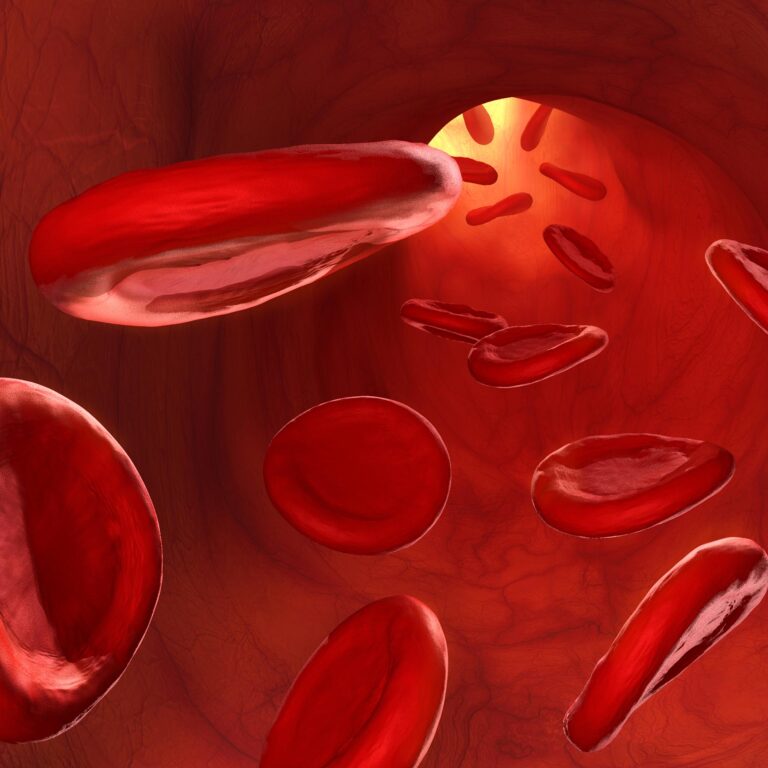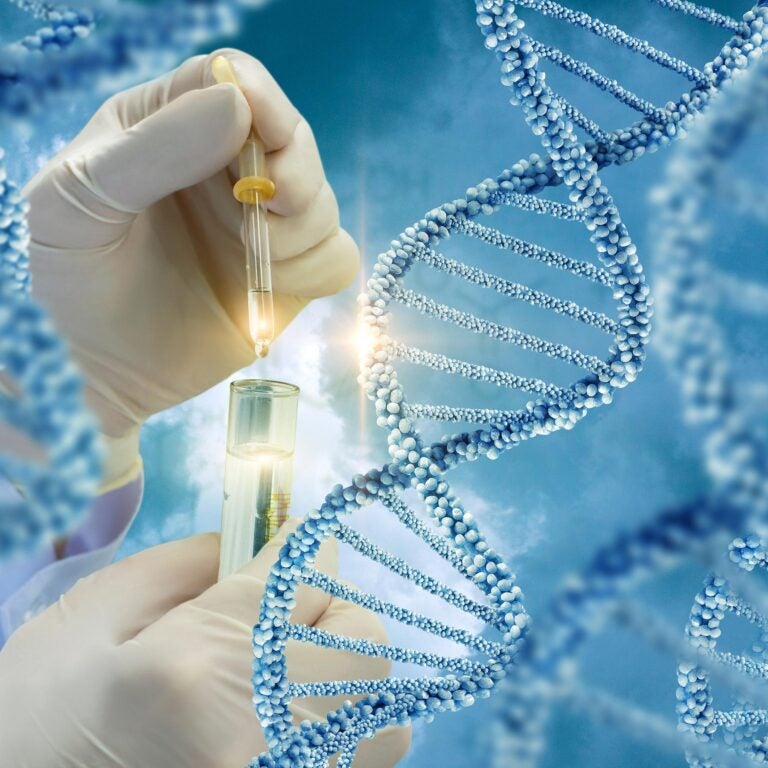The Department of Biological Sciences at USC offers a progressive Master of Science (MS) degree in Molecular Genetics and Biochemistry. This degree provides the opportunity for a limited number of USC students who have already obtained some research experience to spend an extra year in their lab carrying out research at the graduate level.
A “Progressive Masters” allows students to apply a certain number of courses toward the upper-division elective requirement towards their undergraduate degree, while using these same courses as graduate electives, essentially overlapping the two degrees. Additionally, it allows students the option of completing graduate core courses in what would normally be considered their junior or senior year. Students spend a fifth year completing their graduate coursework, which includes a substantial research component. At the end of this, they are granted both degrees (BS/MS or BA/MS, depending on undergraduate major).
How To Apply
Juniors at USC who have research experience in the broad areas of molecular and cell biology, genetics, and biochemistry may apply during spring semester. Students are expected to have two years of biology and chemistry completed before applying, and should apply when between 64 (sophomore) and 96 (senior) units are completed, with a GPA of at least 3.0. Students must have completed, or be enrolled in BISC 490 or equivalent research with their proposed advisor, who must be a faculty member active in the biological sciences, who willing to endorse their application and agrees to supervise them in the laboratory. Generally, no more than one student per lab per year will be admitted.
Students interested in pursuing this opportunity should meet with Chelsea Acevedo, BISC graduate student advisor, as early as possible. Application requires a 1 page research project proposal, a letter of support from the proposed advisor, and the University form for Progressive Degrees
Applications are usually due at the end of the 6th week of Spring Semester (but verify this date with Chelsea). They will be reviewed by the admissions committee and ranked based on the proposed research, relevance to molecular genetics and biochemistry, and student qualifications.

How To Apply
-
Juniors at USC majoring in the life sciences, who have research experience (BISC490 or equivalent) and a willing mentor. Underclassmen who may be interested in the program should identify a research lab so that they can either complete, or be enrolled in BISC490, at the time of application. This program is not available for non-USC students.
-
Yes. This program is directed specifically at students who already have experience in an active research laboratory. A supportive mentor, documented research experience in his/her lab (BISC 490 or equivalent), and a research proposal are required for application. Prospective students are encouraged to identify a research lab early in their undergraduate studies to identify an appropriate mentor.
-
The mentor must agree to supervise the student for two further years, ensuring that the student makes timely progress on their research, culminating in a summative research paper. During the Master’s year (5th year), the mentor agrees to participate in the discussion course BISC544 (generally, leading one meeting in each of the fall and spring semesters). The mentor may be called upon to review the research papers of students in the program and/or to participate in the admissions and review process.
-
Yes. Your mentor must be a USC faculty member with an active, independent research lab in the general area of molecular genetics, biochemistry, or cell biology (broadly defined). However, your mentor must agree to participate in activities based at UPC (as described above), where all your coursework will be.
-
No. This is a full time, tuition-based degree.
-
Yes. Generally, no more than 10 students will be admitted per year, based on their research proposal and qualifications.
-
Fall semester: BISC502a (4units), BISC544 (2 units), BISC590 (6 units)
Spring semester: BISC 502b OR BISC505 (4 units), BISC 544 (2 units), BISC 590 (6 units). -
Yes. Students will write a summative research paper in publication format. A proposed outline must be submitted to the faculty mentor and the advisory committee by Jan 15 for initial approval. The final paper is due on April 15 and will be read by at least two faculty in the program.
Catalogue Description
The Master of Science in Molecular Genetics and Biochemistry is designed to provide outstanding students in life science majors with a rigorous, quantitative experimental experience in molecular genetics, genomics, evolutionary biology, cell and molecular biology, biochemistry (depending upon the research area selected). The program is intended to position and stimulate students for possible advanced study leading to a Ph.D. in one of the areas stated above, and/or provide an important research experience to the background of a prospective medical student. The program will also provide fundamental tools and expertise for entry into a master’s level positions in academic, government, or private sector research laboratories, including biotech, pharmaceuticals, or diagnostics. This is a terminal degree. Students who wish to pursue their doctorate at USC should apply directly to the Ph.D. program.
Because this degree is based on research, students must identify a faculty advisor prior to enrollment and submit a research proposal approved by that advisor to the Master’s Degree committee. It is recommended that students have performed the equivalent of independent study or a research internship (equivalent to BISC 490) in their laboratory of choice prior to admission. Students are expected to perform 6 units of research in both fall and spring semesters in their Masters year; alternatively, with the advisor’s approval upon enrollment, they may choose to perform the research component in variable increments in Summer, fall and spring semesters to equal 12 units. This may be the preferred schedule if students wish to take additional electives during the academic year.
Students will complete a summative research paper that is written in publication format. The student will submit a proposed outline to the faculty mentor and one other Molecular Biology faculty member by Jan 15 for initial approval. The final paper is due on April 15. In the rare event that the final paper is not acceptable to the faculty, students may enroll for one more summer semester to perform revisions. If the paper is still not acceptable the MS component of the degree will not be granted.
This program requires 32 units, of which 24 must be at the graduate level.

Course Requirements
| CORE COURSES: | UNITS | |
|---|---|---|
| BISC 502A | Molecular Genetics and Biochemistry | 4 |
| BISC 502B | Molecular Genetics and Biochemistry | 4 |
| BISC 544 | Advanced Reading in Molecular Biology (two semesters) | 4 |
| BISC 590 | Directed Research (2-3 semesters) | 12 |
| ELECTIVE REQUIREMENTS (EIGHT UNITS CHOSEN FROM THE FOLLOWING LIST.) | UNITS | |
| BISC 403 | Advanced Molecular Biology | 4 |
| BISC 406L | Biotechnology | 4 |
| BISC 411 | Cell Biology | 4 |
| BISC 414 | Biology of Cancer | 4 |
| BISC 419 | Environmental Biology | 4 |
| BISC 425 | Advanced Genetics through the Literature | 4 |
| BISC 426 | Principles of Neural Development | 4 |
| BISC 435 | Advanced Biochemistry | 4 |
| BISC 478 | Computational Genome Analysis | 4 |
| BISC 480 | Developmental Biology | 4 |
| BISC 481 | Structural Bioinformatics from Atoms to Cells | 4 |
| BISC 485 | Advanced Seminar in Bacterial Survival & Evolution | 4 |
| BISC 502B | Molecular Genetics and Biochemistry (if Core requirement fulfilled with 505) | 4 |
| BISC 515 | Evolutionary & Human Biology | 4 |
How to Apply
Submit your application and supporting documents to the link below.
Financial aid
Students admitted into the MS in Biochemistry and Molecular Medicine program must apply for financial aid through the main USC Financial Aid Office, which offers low-interest student loans and administers the federal work-study program. Students can apply for several competitive university and external fellowships and awards through the USC Graduate School.